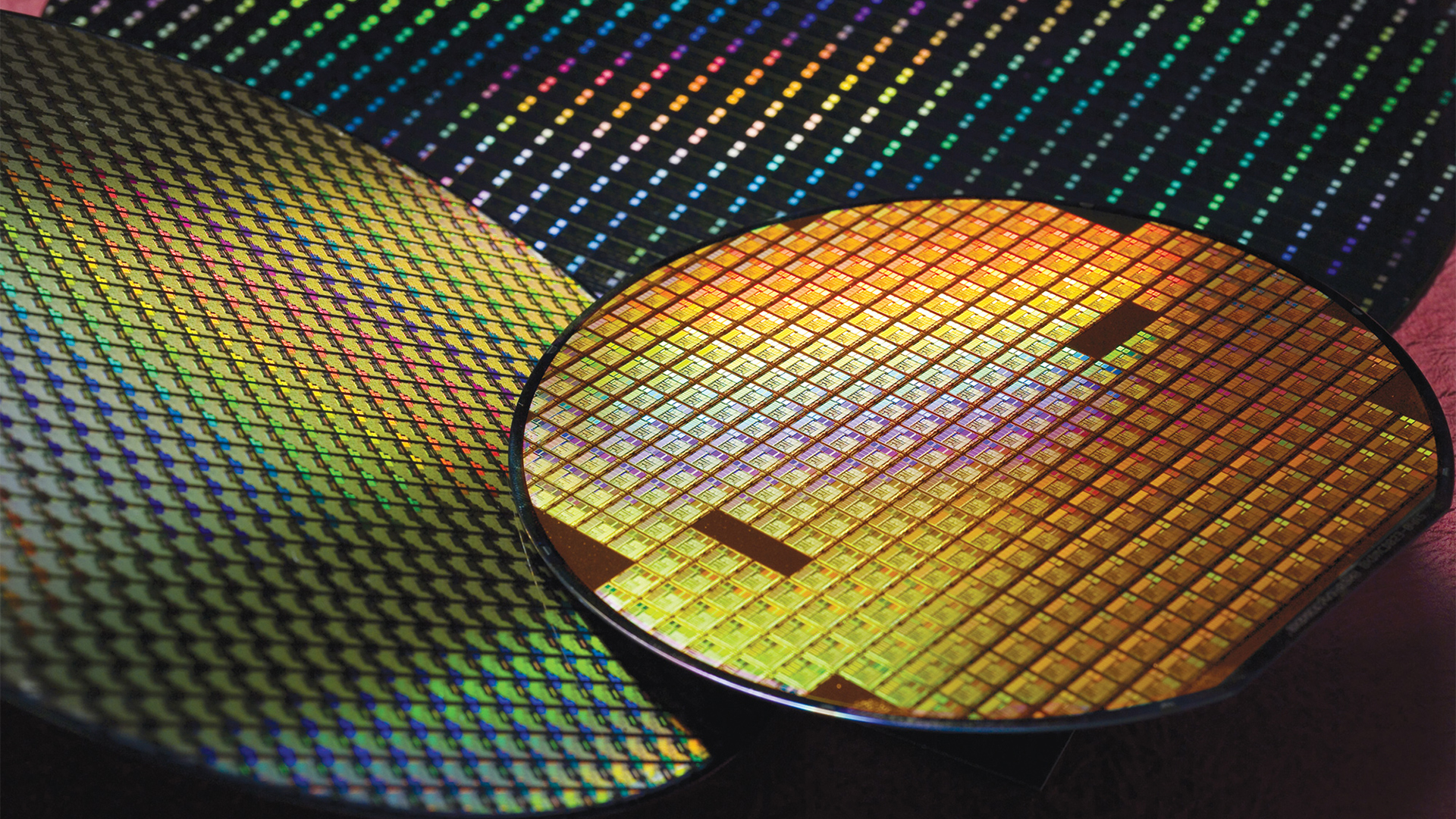
Amid a fierce trade war with the US, China's General Administration of Customs has changed its rules of how the origin of imported chips must be classified, now deeming that the wafer fabrication location should be counted as the origin of chips shipped to the country. This rule exempts products from AMD, Nvidia, Qualcomm, Intel, and other chipmakers who outsource wafer fabrication to Taiwanese companies from the punitive 125% tariff China now imposes on products from the U.S. However, this badly hurts Intel, Global Foundries, Texas Instruments, and chip designers who produce chips in America.
Today, the China Semiconductor Industry Association published an urgent notice regarding the rules for determining the 'country of origin' of semiconductor products shipped to China. As it turns out, the location where the wafer was processed is deemed the 'country of origin,' no matter where the chip was developed or packaged, according to a CSIA document published in WeChat and republished by various analysts. The rule applies to both packaged and unpackaged semiconductors.
Because China deems Taiwan its own territory, chips fabricated by TSMC, Micron, UMC, Vanguard, and other chipmakers in Taiwan will be exempt from punitive 125% import duties imposed on products from then U.S. even though virtually all contemporary chips from companies like AMD, Broadcom, Intel, Nvidia, Micron, and Qualcomm are developed in America and are sold by U.S.-based company.
By applying this rule, the Chinese government kills two birds with one stone.
On the one hand, it allows chipmakers to ship their products to China without any restrictions or punitive tariffs, which enables China-based fabs to continue making actual products based on those chips, thus keeping Chinese facilities busy. As an added bonus, China shows American companies that it considers Taiwan its own territory and actually means it by not imposing any punitive import duties.
On the other hand, it punishes American chipmakers and chip designers that produce their ICs in the U.S., which includes companies that outsource to GlobalFoundries' Fab 8 in New York as well as Texas Instruments, which builds its chips in Texas.
As an added bonus, the Chinese government helps TSMC, UMC, Vanguard, and China-based foundries to potentially land new customers. This has implications, too. Many products made in China use chips from American companies produced in America by companies like Analog Devices, GlobalFoundries, NXP, or ON Semiconductor, or fabbed by contract chipmakers in the U.S., such as Intel or GlobalFoundries. Consequently, companies that use chips from the U.S. will now have to find alternatives, which takes time and costs money. For some, this may be the end of the line.
One thing to note is the stark contrast between how Chinese customs treat semiconductor products and how American customs treat chips in terms of 'country of origin.' The U.S. determines the 'country of origin' by the location of the last substantial transformation, where the product undergoes a major change. For example, a memory IC developed in the U.S., fabbed in Japan, but packaged in China is considered a Chinese product subject to punitive tariffs, according to the current laws. The same applies to logic chips designed in the USA but fabbed in Taiwan and packaged in China by subsidiaries of Taiwanese OSAT giants. By contrast, China's customs determine the 'country of origin' by the location of the actual wafer fabrication facility.







